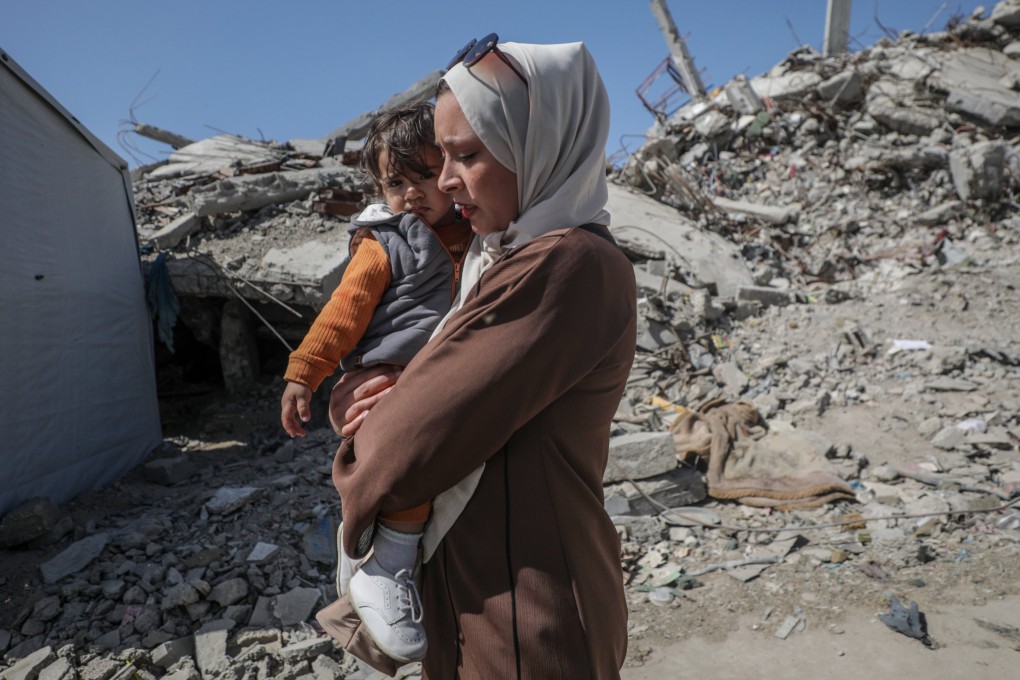Opinion | Whose lives matter? Navigating aid and ethics in a divided world
As the West and Global South clash over Gaza and beyond, the question of whose lives are deemed worthy of protection exposes deep fractures

As the world is consumed by seemingly intractable crises, the norms and values that once guided professional responses are being challenged daily.
From international humanitarian law, which governs the conduct of war, to humanitarian aid, public health, and even journalism, the frameworks that once ensured impartiality, probity, and fairness have been shaken – and in some cases, undermined.
“Decoupling and derisking has disrupted trade. Justice for Palestine is more remote than ever, and unauthorised wars are being launched without UN Security Council approval,” veteran Chinese diplomat Lu Kang lamented in a recent speech.
Clearly, notions of balance and objectivity are easily misunderstood – especially when people argue for what is effectively false balance or moral equivalence when pushing their agendas. As the philosopher Hannah Arendt argued, impartiality should not be confused with scientific objectivity.
